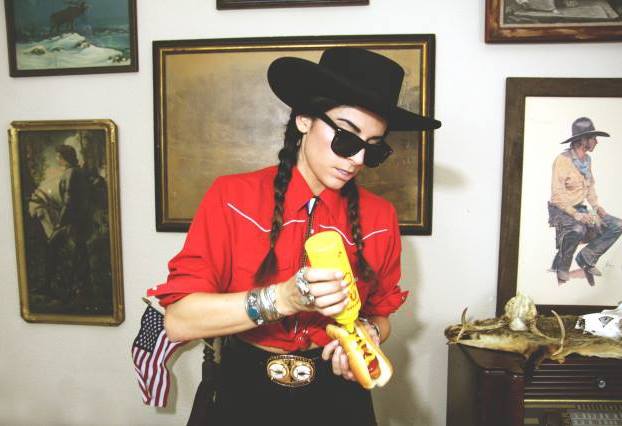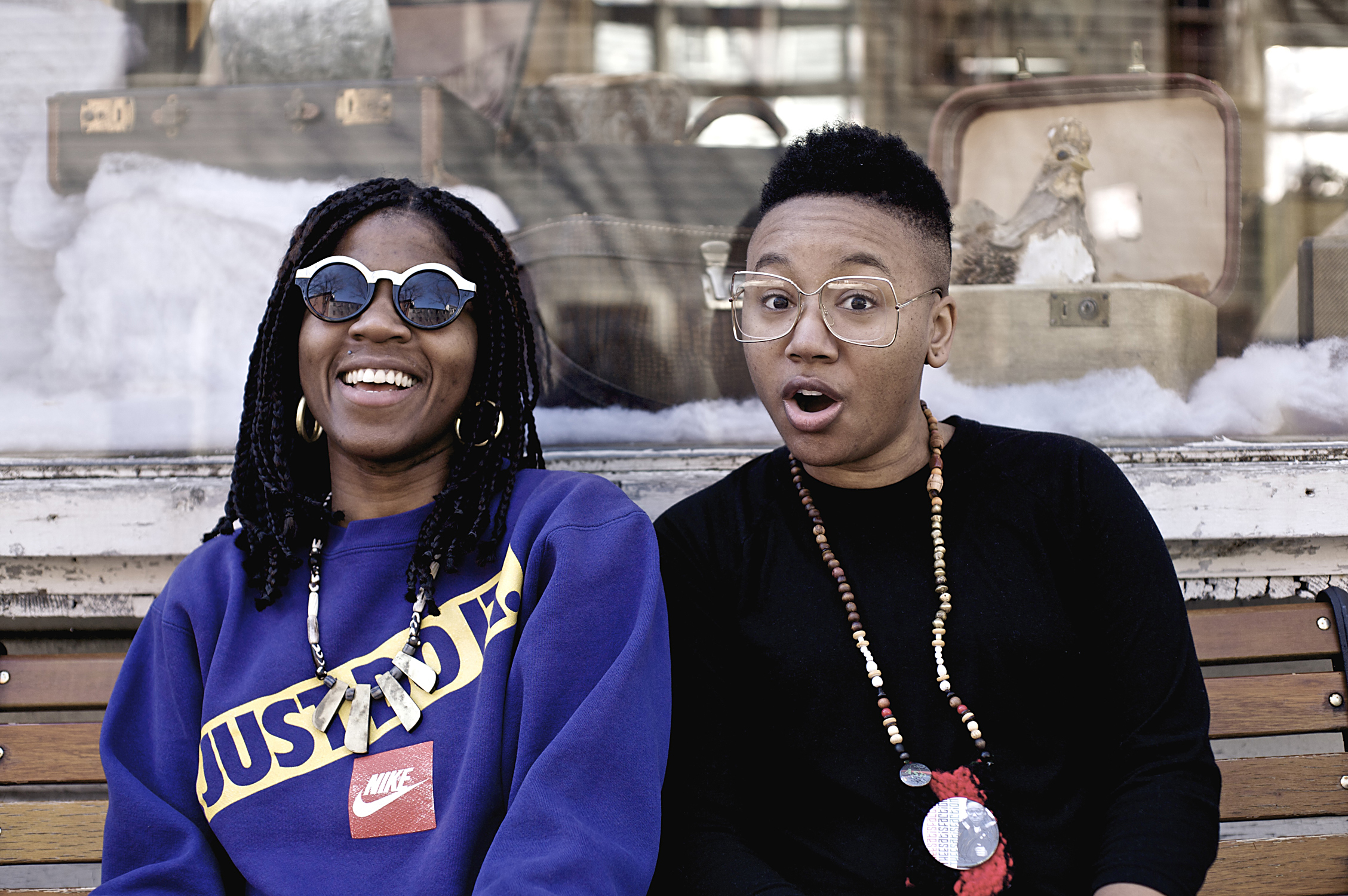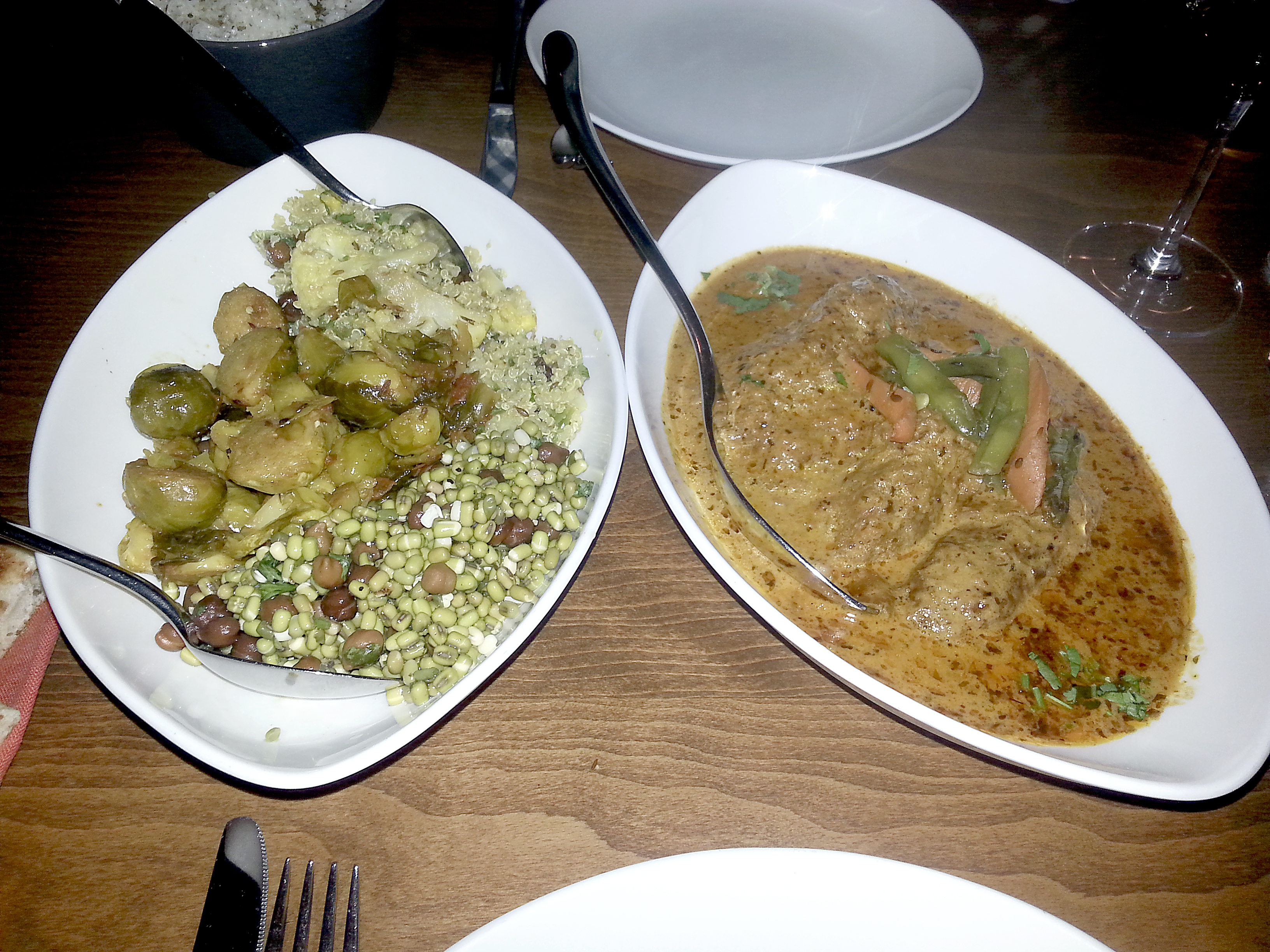During the nearly four-year siege of Sarajevo, 1992–95, Gino Jevdjevic, a Bosnian pop star with a law degree, decided to direct a play: Hair. He dodged bullets—and often, the mortally wounded—every day to get to work. In a 2009 column for Seattle Weekly, his friend Krist Novoselic wrote that he “put on the show every night as a protest/statement to the world about the terrible assault on humanity.”
“I was my most creative during that time,” Jevdjevic says of his time during the war. “That’s how I met Joan Baez and came to the States.”
Through his involvement with Baez, who was visiting the region on a humanitarian mission, Jevdjevic was invited to the States to produce his own play about the experience, Sarajevo, Behind God’s Back. When its run ended, he stayed in the U.S. after forming a new venture: his now-17-year-old Seattle-based band Kultur Shock.
The six-piece tours infrequently in the U.S. but extensively in Europe, especially in the Balkans, where its “Roma-Balkan-Middle Eastern sound mixed with thrash metal and speed punk” particularly resonates with fans. Its Seattle reception has been lukewarm, however. Jevdjevic muses that Seattleites are too comfortable to get pumped up over it: “They take away your basketball team and you don’t even cry.”
One of the band’s two female members, violinist Paris Hurley, attributes her band’s presence in Seattle to a certain progressive bubble. “I don’t mean to insult Seattleites, but there’s a shoegazery culture here. Something that’s loud and raucous, I feel, can scare a lot of people.” She adds proof: “Hardly any of my Seattle friends come to Kultur Shock shows.”
She says things are different in Eastern Europe—a part of the world no stranger to conflict—where the band draws crowds in the thousands. Europe also celebrates a holiday not commonly observed in America: March 8, International Women’s Day, which recognizes women’s economic, political, and social achievements. Unlike Mother’s Day, Jevdjevic says the holiday is a celebration of the whole woman, “not just the parts we find useful, like motherhood and cooking. You shouldn’t have to be a mom to be celebrated,” he says. “It’s more about taking a person for who they really are: a person.”
“I had never heard of International Women’s Day when Gino told me about it,” says Hurley, originally from Tucson. “After some research, I discovered the holiday originated in the areas that we’re traveling to. In my work with Kultur Shock and as an artist, I’m working to expand the definition of what it means to be a woman by just being who I am. . . . To have a platform that calls for a celebration of women—the real range, depth, and multifacetedness of who we are, what those who came before us have done, the work that still needs to be done, and who we want to be—in conjunction with this vehicle [Kultur Shock], feels incredibly powerful.”
Both Hurley and clarinetist Amy Denio—unlike their four male bandmates—have no children and are unmarried. This distinct flip of the script—women are usually the family types in a band—is fitting for a group whose members span genders, orientations, generations, ethnicities, and nationalities from Bulgaria to Indonesia.
That’s the whole point of the band’s upcoming appearance at Chop Suey, says Jevdjevic. “With this show, we would love to raise awareness not only about Women’s Day, but about your place in the world,” he says. “You have to get real, and see what the rest of the world is all about.”
gelliott@seattleweekly.com
KULTUR SHOCK With Bucharest Drinking Team. Chop Suey, 1325 E. Madison St., 324-8005, chopsuey.com. $12 adv./$14 DOS. 9 p.m. Sat., March 8.








